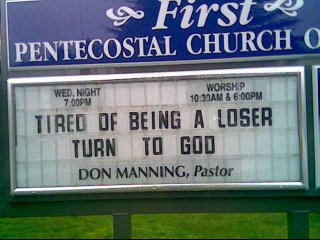"Let all your thoughts be with the Most High, and direct your humble prayers unceasingly to Christ." -Thomas a Kempis
The Jesus prayer began, so it seems, as one young man's attempt to discover how to really pray without ceasing. In his travels, he discovered an old hermit that explained to him that "The ceaseless Jesus Prayer is a continuous, uninterrupted call on the holy name of Jesus Christ with the lips, mind, and heart; and in the awareness of His abiding presences it is a plea for His blessing in all undertakings, in all places, at all times, even in sleep. The words of the Prayer are: 'Lord Jesus Christ, have mercy on me.' Anyone who becomes accustomed to this prayer will experience great comfort as well as the need to say it continuously. He will become accustomed to it to such a degree that he will not be able to do without it and eventually the Prayer will flow from him." {Jones p. 60} The hermit pointed the young man to the ancient writings of Desert Fathers in a collection called the Philokalia. Through the use of a prayer rope and this prayer, the young man began to build this prayer into his life as a repitition, a habit that became an essential part of his life. The young man later travels the country side of Russia teaching this prayer to all who would learn. You can read about his travels in the anonymous book The Way Of The Pilgrim, a journal of his travels.
His discovery has actually been a foundational part of Eastern Christianity since the early 1400's. It seems that this practice of the Jesus Prayer can be traced back to Abba Philemon of the sixth century. The Jesus Prayer is a combination of Greek asceticism (excercise/training) and hesycahsm (quietness) seeking to combined the mind and heart in a unified prayer. The early church fathers taught that when this is accomplished through the quieting of the mind and focusing of the heart (through the use of this simple repetitive prayer/phrase) the believer will be illuminated, particularly with the truths fo Scripture. This Jesus Prayer speaks to the very nature of our travails in life; the fact that God is always ready to enlighten us, but our own nature seldom remembers the need for it.
In our times, the Jesus Prayer has been amended to have a tag that makes it read like this: "Lord Jesus Christ, Son of God, have mercy on me, a sinner." I prefer to leave the last phrase off because I am no longer a sinner if I've been redeemed by Christ. The New Testament calls me a saint. However, if the goal of this repetetive prayer is to remind us of our need for God's mercy, it may be an appropriate tag for the exercise. As I've put this into practice, trying to recite it as many times as I can during the day, I am finding that as my mind quiets, my lips purse and the prayer comes out. It's bleeding into my subconscious. The practice has become somewhat of a mantra for me. The desert fathers suggested recitation of this prayer upwards of 5,000 times a day! I'm nowhere near that, but with this prayer on my mind, it slips into my day and reminds me contstantly of my need for Christ Jesus.
In practice, I've tried to focus on a rhythmic pattern. As I breathe in, I say, "Lord Jesus Christ, Son of God." Then, as I exhale, I finish, "have mercy on me." Give it a try and let me know how it goes for you. It's been a great thing for me.
Next up, centering prayer...
Kill The Spider Graphics
7 years ago

